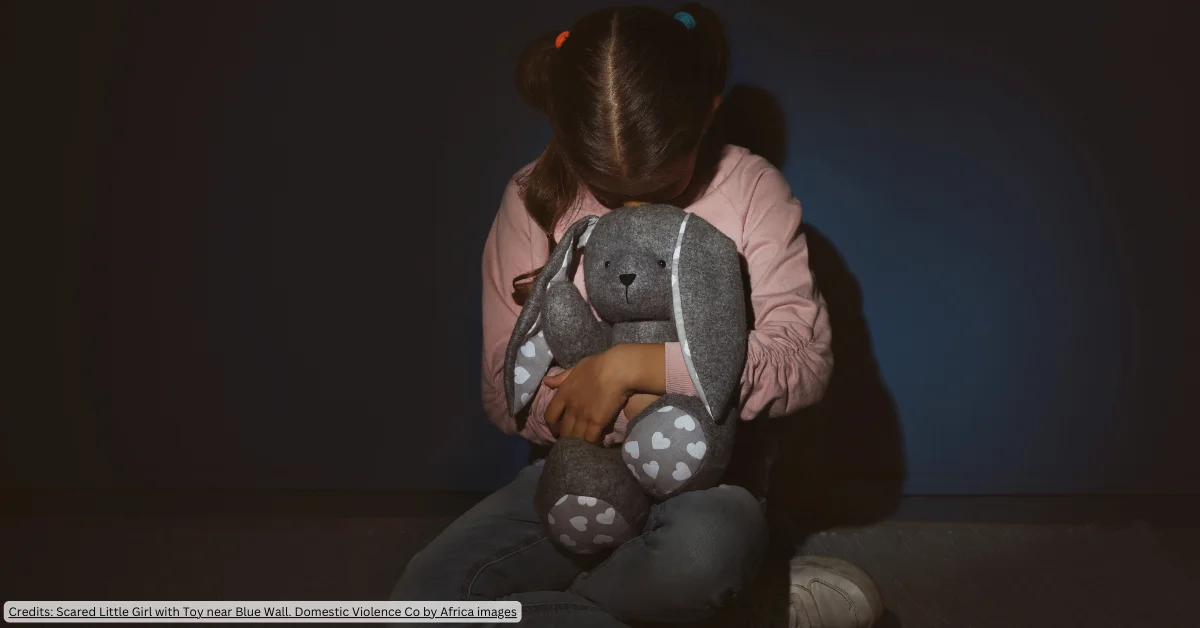With the Federal Election around the corner, ACOSS has responded to major political parties and their plans for homelessness and low-income earners.
“People are concerned about housing affordability, finding secure work, accessing affordable health care and getting a quality education for their children. They are also aware of the risks of global warming and worry about whether they will be able to cope financially if they lose their jobs, retire, or have to survive on low or insecure wages,” said Dr Cassandra Goldie, ACOSS CEO.
“Getting economic and budget policy right is important – ACOSS has helped lead debates about reforming tax and restoring the Budget and we take these issues seriously. However, a narrow focus on lifting GDP risks losing sight of its purpose: a decent life for everyone, with the priority being to lift the living standards of people being left behind.
“’Trickle down’ economics does not work. There is clear evidence from the IMF and OECD that income inequality– which is at its highest level in decades – is a drag on economic growth, and that income growth for the top 20 per cent does not flow through to income growth for those at the bottom.”
Goldie said policies to stem growth in inequality must move from the periphery to the centre of public policy focus in the last weeks of the election campaign.
“So far, social policy, especially policies to reduce poverty and ensure everyone has access to affordable housing and essential services, has largely been missing in action in this campaign – beyond specific commitments on hospitals and schools,” said Goldie.
“The Coalition’s response to ACOSS in particular emphasises its ‘economic plan’ but contains no major new social policy proposals. Most disappointingly, the Coalition continues to avoid acknowledging that inequality is a problem we need to tackle in Australia, that action is needed to increase public revenue and that our safety net is not adequate for those on the lowest incomes, leaving far too many adults and children living below the poverty line. Spending cuts announced in recent Budgets take us in the wrong direction.
“ACOSS has broadly welcomed the Coalition’s superannuation policies announced in its Federal Budget, which would at least significantly reduce inequality in retirement incomes and help restore the integrity of the personal income tax system for those over 55 years old. The proposed changes would have very little impact on 95 per cent of workers and retirees and are more modest than they have been portrayed by some.”
ACOSS said that Labor takes a more balanced approach to economic and social policy, and to Budget reform, with measures addressing both revenue and expenditure.
“We welcome commitments to formally review the Newstart Allowance and family payments system as welcome recognition that people cannot live decently on payments that are well under $300 a week for singles and under $600 a week in many cases for sole parent families,” said ACOSS.
“We also commend their commitment to reforming negative gearing and capital gains tax to make the tax system fairer and housing more affordable and their defence of community organisations’ freedom to advocate. We urge them to go further in their agendas to reform super, improve housing affordability and employment services, and reduce poverty.
“The Greens have made very positive commitments to anti-poverty targets, increasing Newstart payments and Rent Assistance and have gone further in closing tax loopholes than the other parties, especially through their proposal to reform private trust and company arrangements. This makes room for a more comprehensive set of proposals to reduce poverty and restore services.”
ACOSS said they welcome ALP youth jobs announcement which offers stronger protections than the Government’s proposed PaTH scheme, with a guaranteed training wage for young people who are long-term unemployed and greater access to vocational training.
“Much greater investment in employment programs will be needed from all parties to have a real impact on entrenched long term unemployment, now that half a million people have already had to rely on unemployment payments for over a year,” said ACOSS.
- Gali Blacherhttps://thirdsector.com.au/author/gali-blacherthirdsector-com-au/
- Gali Blacherhttps://thirdsector.com.au/author/gali-blacherthirdsector-com-au/
- Gali Blacherhttps://thirdsector.com.au/author/gali-blacherthirdsector-com-au/
- Gali Blacherhttps://thirdsector.com.au/author/gali-blacherthirdsector-com-au/










